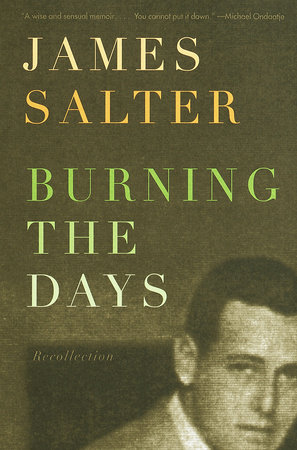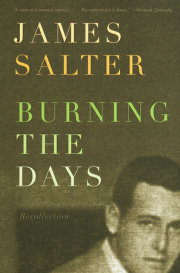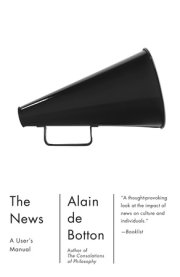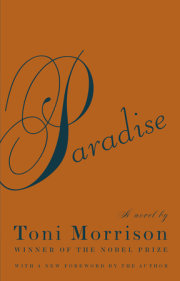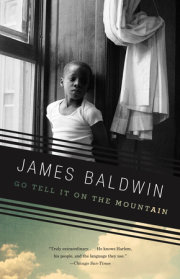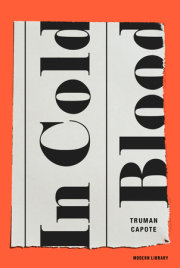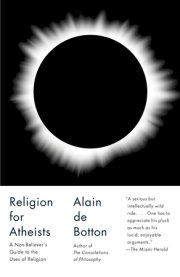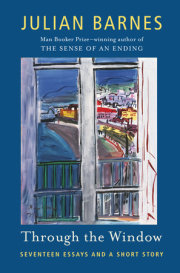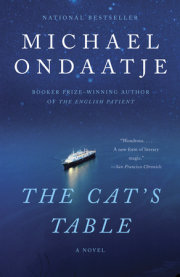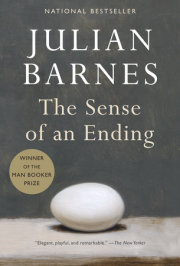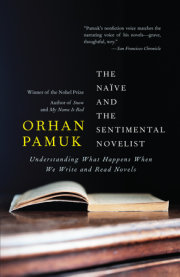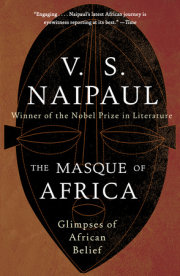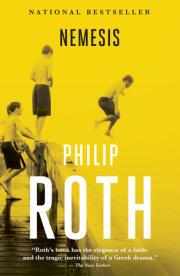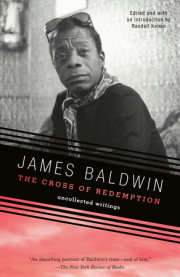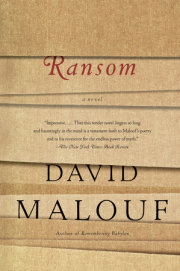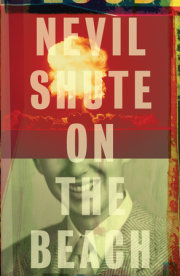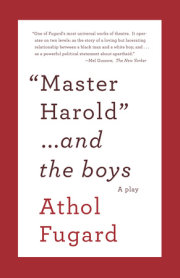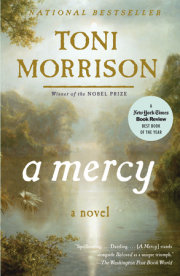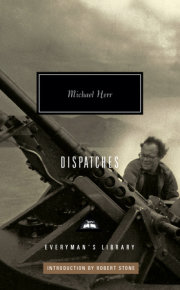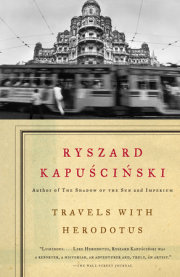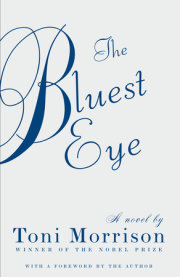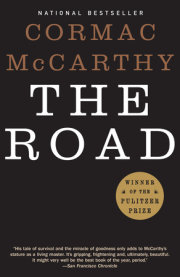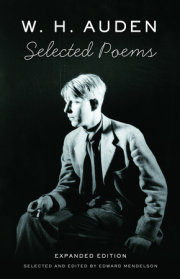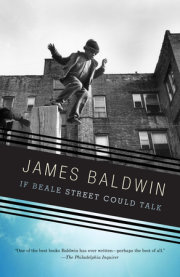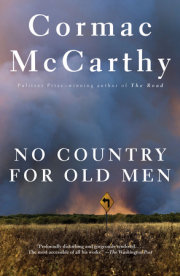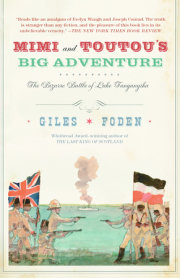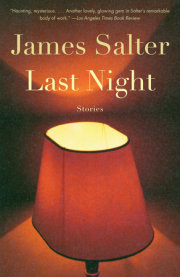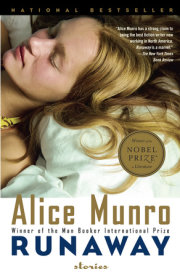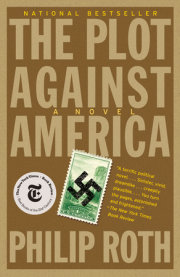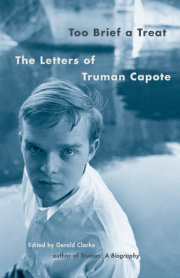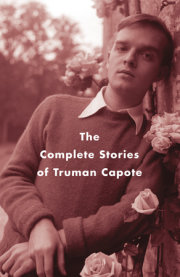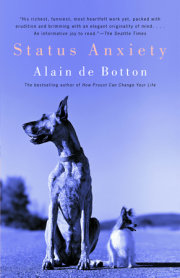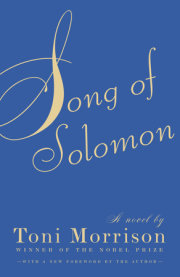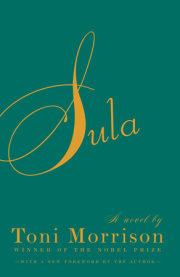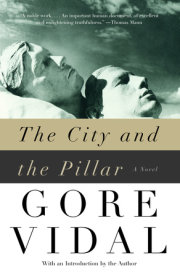Flying, like most things of consequence, is method. Though I did not know it then, I was behaving improperly. There were light-lines between cities in those days, like lights on an unseen highway, but much farther apart. By reading their flashed codes you could tell where you were, but I was not bothering with that. I turned south toward Reading. The sky was dark now. Far below, the earth was cooling, giving up the heat of the day. A mist had begun to form. In it the light-lines would fade away and also, almost shyly, the towns. I flew on.
It is a different world at night. The instruments become harder to read; details disappear from the map. After a while I tuned to the Reading frequency and managed to pick up its signal. I had no radio compass, but there was a way of determining, by flying a certain sequence of headings, where in a surrounding quadrant you were. Then, if the signal slowly increased in strength, you were in-bound toward the station. If not and you had to turn up the volume to continue hearing it, you were going away. It was primitive, but it worked.
When the time came, I waited to see if I had passed or was still approaching Reading. The minutes went by. At first I couldn't detect a change, but then the signal seemed to grow weaker. I turned north and flew, watching the clock. Something was wrong, something serious: The signal didn't change. I was lost--not only literally, but in relation to reality. Meanwhile the wind, unseen, fateful, was forcing me farther north.
Among the stars, one was moving. The lights of another plane, perhaps one from the squadron. In any case, wherever it was headed there would be a field. I pushed up the throttle. As I drew closer, on an angle, I began to make out what it was--an airliner, a DC-3. It might be going to St. Louis or Chicago. I had already been flying for what seemed like hours and had begun, weakhearted, a repeated checking of fuel. The gauges were on the floor, one on each side of the seat. I tried not to think of them, but they were like a wound; I could not keep myself from glancing down.
Slowly, the airliner and its lights became more distant. I couldn't keep up with it. I turned northeast, the general direction of home. I had been scribbling illegibly on the page of memory, which way I had gone and for how long. I now had no idea where I was. The occasional lights on the ground of unknown towns, lights blurred and yellowish, meant nothing. Allentown, which should have been somewhere, never appeared. There was a terrible temptation to abandon everything, to give up, as with a hopeless puzzle. I was reciting "Invictus" to myself, "I am the master of my fate . . ." It availed nothing. I had the greatest difficulty not praying, and finally I did, flying in the noisy darkness, desperate for the sight of a city or anything that would give me my position.
In the map case of the airplane was a booklet,
What to Do If Lost, and, suddenly remembering, I got it out and with my flashlight began to read. There was a list of half a dozen steps to take in order. My eye skidded down it. The first ones, I had already tried. Others, like tuning in any radio range and orienting yourself on it, I had given up on. Something was wrong with that; it wasn't working. I managed to get the signal from Stewart Field but didn't take up the prescribed heading. I could tell from its faintness--it was indistinct in a thicket of other sounds--that I was far away, and I had lost faith in the procedure. The final advice seemed more practical. If you think you are to the west of Stewart, it said, head east until you come to the Hudson River and then fly north or south; you will eventually come to New York or Albany.
It was past eleven, the sky dense with stars, the earth a void. I had turned east. The dimly lit fuel gauges read twenty-five gallons or so in each wing. The idea slowly growing, of opening the canopy and struggling into the wind, over the side into blackness, tumbling, parachuting down, was not as unthinkable as that of giving the airplane itself up to destruction. I would be washed out, I knew. The anguish was unbearable. I had been flying east for ten minutes, but it seemed like hours. Occasionally, I made out the paltry lights of some small town or group of houses, barely distinguishable, but otherwise nothing. The cities had vanished, sunken to darkness. I looked down again. Twenty gallons.
Suddenly off to the left there was a glimmer that became--I was just able to make it out--a faint string of lights, and then slowly, magically, two parallel lines. It was the bridge at Poughkeepsie. Dazed with relief, I tried to pick out its dark lines and those of the river, turning to keep it in sight, going lower and lower. Then, in the way that all things certain had changed that night, the bridge changed too. At about a thousand feet above them, stricken, I saw I was looking at the streetlights of some town.
The gauges read fifteen gallons. One thing that should never be done--it had been repeated to us often--was to attempt a forced landing at night. But I had no choice. I began to circle, able in the mist to see clearly only what was just beneath. The town was at the edge of some hills; I banked away from them in the blackness. If I went too far from the brightly lit, abandoned main street, I lost my bearings. Dropping even lower, I saw dark roofs everywhere and, amid them, unexpectedly, a blank area like a lake or small park. I had passed it quickly, turned, and lost it. Finally, lower still, I saw it again. It was not big, but there was nothing else. I ducked my head for a moment to look down--the number beneath each index line was wavering slightly: ten gallons; perhaps twelve.
The rule for any strange field was to first fly across at minimum altitude to examine the surface. I was not even sure it was a field; it might be water or a patch of woods. If a park, it might have buildings or fences. I turned onto a downwind leg or what I judged to be one, then a base leg, letting down over swiftly enlarging roofs. I had the canopy open to cut reflection, the ghostly duplication of instruments, the red warning lights. I stared ahead through the wind and noise. I was at a hundred feet or so, flaps down, still descending.
In front, coming fast, was my field. On a panel near my knee were the landing--light switches with balled tips to make them identifiable by feel. I reached for them blindly. The instant the lights came on I knew I'd made a mistake. They blazed like searchlights in the mist; I could see more without them, but the ground was twenty feet beneath me, I was at minimum speed, and dared not bend to turn them off. Something went by on the left. Trees, in the middle of the park. I had barely missed them. No landing here. A moment later, at the far end, more trees. They were higher than I was, and without speed to climb, I banked to get through them. I heard foliage slap the wings as just ahead, shielded, a second rank of trees rose up. There was no time to do anything. Something large struck a wing. It tore away. The plane careened up. It stood poised for an endless moment, one landing light flooding a house, into which, an instant later, it crashed.
Nothing has vanished, not even the stunned first seconds of silence, the torn leaves drifting down. Reflexively, as a slain man might bewilderedly shut a door, I reached to turn off the ignition. I was badly injured, though in what way I did not know. There was no pain. My legs, I realized. I tried to move them. Nothing seemed wrong. My front teeth were loose; I could feel them move as I breathed. In absolute quiet I sat for a few moments, almost at a loss as to what to do, then unbuckled the harness and stepped from the cockpit onto what had been the front porch. The nose of the plane was in the wreckage of a room. The severed wing lay back in the street.
The house, it turned out, belonged to a family that was welcoming home a son who had been a prisoner of war in Germany. They were having a party and had taken the startling noise of the plane as it passed low over town many times to be some sort of military salute and, though it was nearly midnight, had all gone into the street to have a look. I had come in like a meteorite over their heads. The town was Great Barrington. I had to be shown where it was on a map, in Massachusetts, miles to the north and east.
That night I slept in the mayor's house, in a feather bed. I say slept, but in fact I hung endlessly in the tilted darkness, the landing light pouring down at the large frame house. The wing came off countless times. I turned over in bed and began again.
. All rights reserved. No part of this excerpt may be reproduced or reprinted without permission in writing from the publisher.

